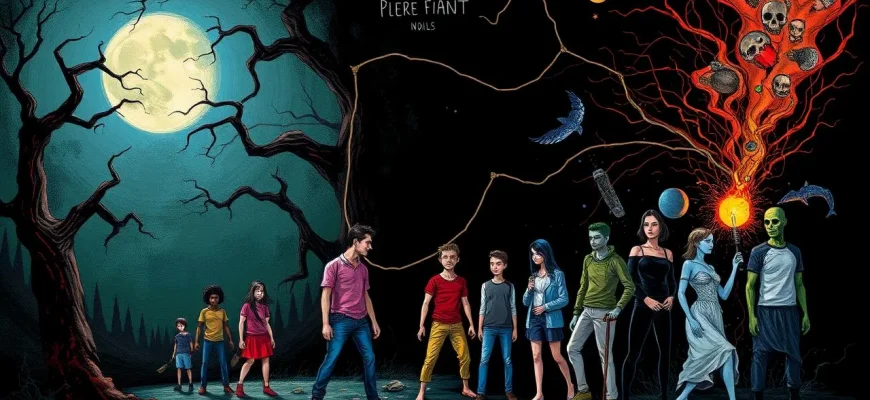Horror films often serve as a mirror to society, reflecting its fears, anxieties, and the darker aspects of human nature. This curated list of 10 horror films delves into societal issues, offering not just scares but also thought-provoking commentary on the world we live in. From dystopian futures to psychological thrillers, these films provide a unique lens through which to view the complexities of human society.
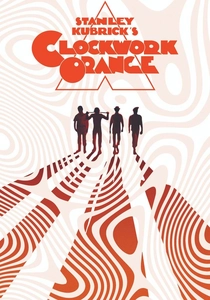
A Clockwork Orange (1971)
Description: Stanley Kubrick's adaptation of Anthony Burgess's novel examines free will, violence, and the role of government in controlling behavior.
Fact: The film was banned in several countries due to its violent content.
 Watch Now
Watch Now
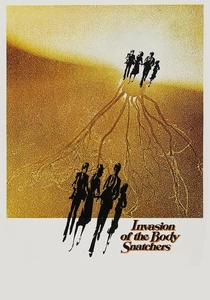
Invasion of the Body Snatchers (1978)
Description: A remake of the 1956 film, it explores themes of conformity and loss of individuality, reflecting Cold War paranoia.
Fact: The film's ending was changed from the original to be more ambiguous and unsettling.
 Watch Now
Watch Now
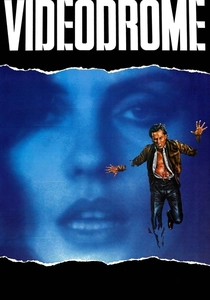
Videodrome (1983)
Description: David Cronenberg's film delves into media violence, reality versus perception, and the impact of technology on society.
Fact: The film's concept of "Videodrome" has influenced discussions on media influence and virtual reality.
 Watch Now
Watch Now
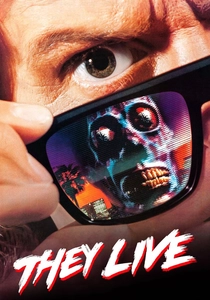
They Live (1988)
Description: John Carpenter's film uses horror and sci-fi to critique consumerism and media manipulation, showing an alien conspiracy controlling humanity.
Fact: The iconic "OBEY" sunglasses scene has become a cultural reference point.
 Watch Now
Watch Now
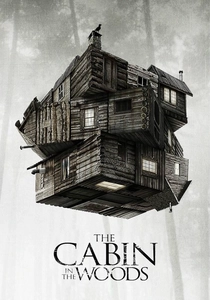
The Cabin in the Woods (2012)
Description: This meta-horror film deconstructs horror tropes while commenting on the entertainment industry's exploitation of human fears.
Fact: Joss Whedon co-wrote the script, infusing it with his signature blend of horror and humor.
 Watch Now
Watch Now
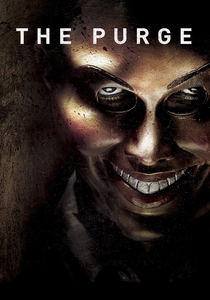
The Purge (2013)
Description: In a future America where all crime is legal for one night a year, this film explores the concept of societal catharsis and the underlying tensions within the social fabric.
Fact: The film was inspired by a real-life crime statistic that showed crime rates drop significantly during certain holidays.
 Watch Now
Watch Now
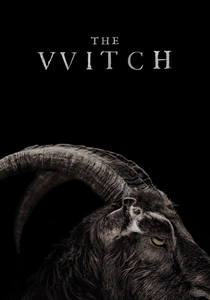
The Witch (2015)
Description: Set in 1630s New England, this film uses witchcraft and Puritanical fears to explore themes of isolation, religious extremism, and societal scapegoating.
Fact: The film's dialogue is based on actual 17th-century English dialects.
 Watch Now
Watch Now
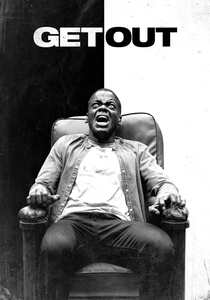
Get Out (2017)
Description: This film uses horror to critique racial dynamics in America, focusing on a black man's visit to his white girlfriend's family, revealing their sinister intentions.
Fact: Jordan Peele, the director, won an Academy Award for Best Original Screenplay for this film.
 Watch Now
Watch Now
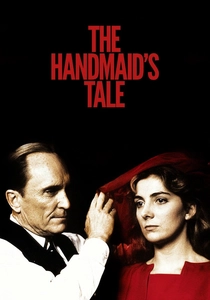
The Handmaid's Tale (1990)
Description: This film adaptation of Margaret Atwood's novel portrays a dystopian society where women are subjugated for reproductive purposes, reflecting on gender roles and authoritarianism.
Fact: The film was released before the book became widely known, leading to a resurgence in interest in Atwood's work.
 30 Days Free
30 Days Free
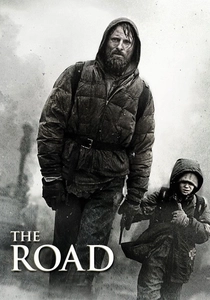
The Road (2009)
Description: A father and son journey through a post-apocalyptic world, highlighting themes of survival, morality, and the breakdown of society.
Fact: The film is based on Cormac McCarthy's Pulitzer Prize-winning novel.
 30 Days Free
30 Days Free

